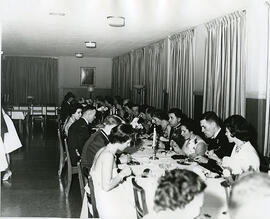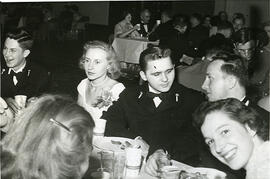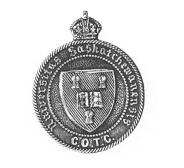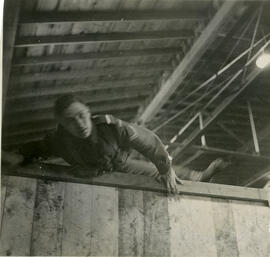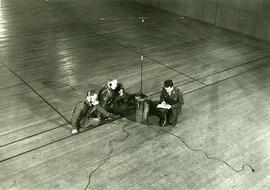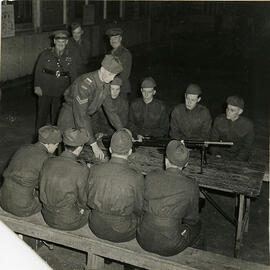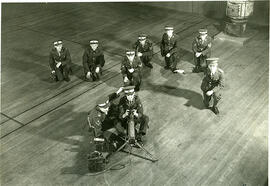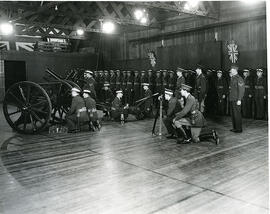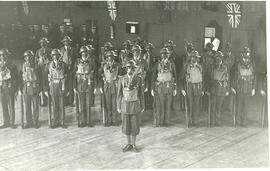Head and shoulders image of Major-General Arthur E. Potts, professor of Dairy Science, College of Agriculture, 1919-1948.
Bio/Historical Note: Arthur Edward Potts was born 24 October 1890 in Northumberland, England. Potts was educated at George Heriot's School in Edinburgh, Scotland, and subsequently studied at the University of Edinburgh (BSc) and Cornell University (MA in agriculture). He worked as an instructor at Ames College in Iowa. He came to Canada in 1914 to enlist as a private soldier in the Princess Patricia's Canadian Light Infantry in World War I. He was wounded twice while overseas. After the war Potts was appointed professor of Dairy Science at the University of Saskatchewan. He held this position until 1939 when he went overseas again as Lieutenant Colonel, commanding the Saskatoon Light Infantry. He became Brigadier-General in 1940 to command the 2nd Canadian Infantry Brigade. In 1942 Potts was promoted to Major General, commanding the 6th Canadian Infantry Division. After the war Potts joined the Department of Veterans Affairs in Kingston, Ontario, to become the Department's district administrator. Potts died in September 1983 in Kingston at age 92.


